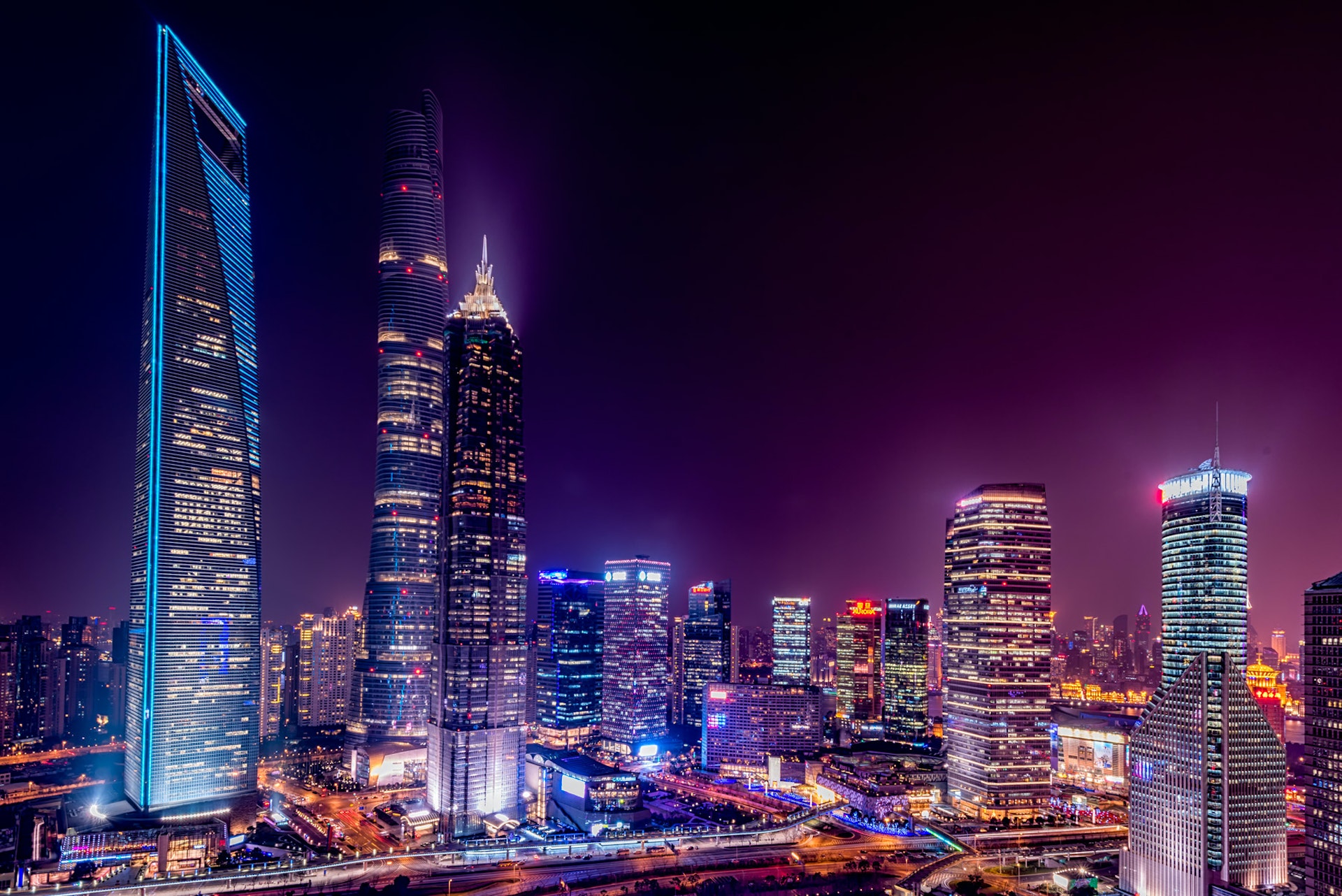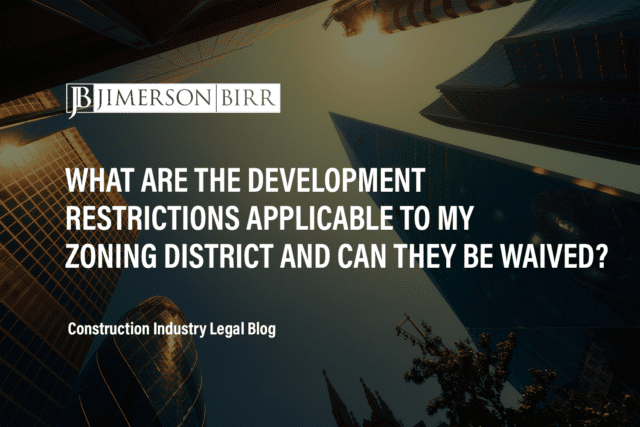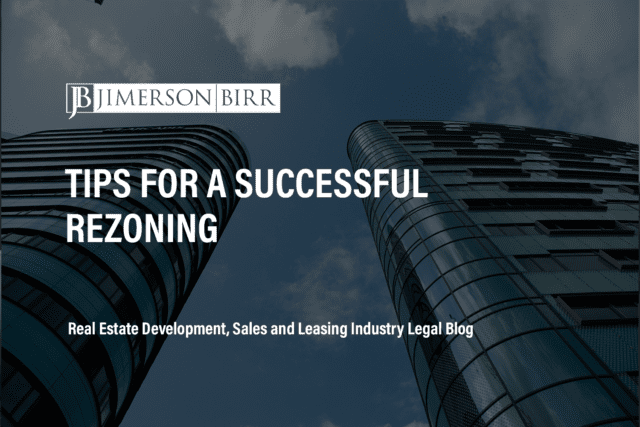What do noise and light pollution entail?
Noise and light pollution are forms of environmental pollution that can negatively impact human well-being and ecosystems. Noise pollution refers to the excessive levels of sound that disrupt the natural environment or impair the quality of life for residents. Notable sources of noise pollution include construction, traffic, and industrial activities.
On the other hand, light pollution is excessive or inappropriate artificial light that interferes with natural nocturnal environments or creates issues for human health and well-being. In Florida, local regulations mainly regulate light pollution.
Need help regarding environmental due diligence, permitting, mitigation, or compliance? Schedule your consultation today with a top environmental law attorney.
In Florida, which laws and regulations apply to noise and light pollution?
Chapter 823 of the Florida Statutes regulates public nuisances, including noise pollution. However, there is no specific statewide law in Florida for light pollution. Instead, light pollution is typically addressed through local zoning ordinances.
At the federal level, the Noise Control Act of 1972 guides evaluating and mitigating noise pollution from federally funded projects and activities.
What are common issues regarding noise and light pollution that lead to litigation?
The following issues are among the most common in actions regarding noise and light pollution in environmental law matters:
- Exceeding established noise levels: Violating local, state, or federal noise ordinances or regulations, such as the Florida Air and Water Pollution Control Act, can lead to litigation.
- Nuisance claims: Alleging that noise or light pollution constitutes a private or public nuisance, interfering with their ability to enjoy their property.
- Environmental impact: Noise and light pollution can harm ecosystems, leading to litigation under the Endangered Species Act or other environmental protection laws.
- Zoning disputes: Plaintiffs may challenge land use decisions that permit activities generating noise or light pollution, asserting that the activity is inconsistent with local zoning ordinances.
When a set of facts is appropriate for legal intervention, there are many paths a claimant may take. We are value-based attorneys at Jimerson Birr, which means we look at each action with our clients from the point of view of costs and benefits while reducing liability. Then, based on our client’s objectives, we chart a path to seek appropriate remedies.
To determine whether your unique situation may necessitate litigation, please contact our office to set up your initial consultation.
What claims about noise and light pollution do plaintiffs generally bring to court, and what are common legal defenses to those claims?
Common claims that real estate developers and businesses face related to noise and light pollution include:
- Violation of noise or light pollution ordinances
- Public or private nuisance claims
- Negligence claims based on a failure to prevent or mitigate noise or light pollution
- Environmental harm, including damage to wildlife or ecosystems
Common legal defenses that real estate developers and businesses raise against claims related to noise and light pollution include:
- Compliance with applicable laws and regulations: Adherence to all relevant noise and light pollution regulations can provide a strong defense.
- Non-actionable conduct: Arguing that the alleged pollution is not severe enough to warrant legal action or that the plaintiff has not provided sufficient evidence to support the claim.
- Statute of limitations: Asserting that the plaintiff’s claim is time-barred under the applicable statute of limitations.
- Good faith efforts to mitigate: Showing that the defendant took reasonable steps to minimize noise and light pollution, such as implementing best management practices or installing noise-reducing equipment.
Please contact our office to set up your initial consultation to see what actions or defenses may be available for your unique situation.
What are effective measures to minimize the risk of litigation over noise and light pollution?
To mitigate the risk of litigation over noise and light pollution, consider implementing the following measures:
- Comply with regulations: Adhere to all applicable federal, state, and local noise and light pollution regulations, such as the Florida Air and Water Pollution Control Act.
- Establish best practices: Develop and enforce internal noise and light pollution management policies to minimize adverse impacts on neighbors and the environment.
- Conduct impact assessments: Regularly evaluate your activities to identify potential noise and light pollution risks and implement appropriate mitigation strategies.
- Engage with stakeholders: Collaborate with local communities, regulatory authorities, and other stakeholders to address concerns proactively and maintain open lines of communication.
- Monitor and document: Regularly measure and document noise and light levels to demonstrate compliance with regulations and proactively address any issues.
Frequently Asked Questions
- What legal consequences can arise from violating noise and light pollution regulations?
Violations of noise and light pollution regulations can lead to fines, injunctions, and other legal remedies. In some cases, violations may also result in criminal penalties.
- Can a private individual sue for damages caused by noise or light pollution?
Yes, private individuals can sue for damages caused by noise or light pollution under various legal theories, such as nuisance, trespass, or negligence.
- How can I determine if my business complies with noise and light pollution regulations?
To ensure compliance with noise and light pollution regulations, consult with an environmental attorney familiar with Florida and federal law, perform regular assessments of your operations, and consult the relevant regulatory authorities for guidance.
Have more questions about an environmental law-related situation?
Crucially, this overview of noise and light pollution does not begin to cover all the laws implicated by this issue or the factors that may compel the application of such laws. Every case is unique, and the laws can produce different outcomes depending on the individual circumstances.
Jimerson Birr attorneys guide our clients to help make informed decisions while ensuring their rights are respected and protected. Our lawyers are highly trained and experienced in the nuances of the law, so they can accurately interpret statutes and case law and holistically prepare individuals or companies for their legal endeavors. Through this intense personal investment and advocacy, our lawyers will help resolve the issue’s complicated legal problems efficiently and effectively.
Having a Jimerson Birr attorney on your side means securing a team of seasoned, multi-dimensional, cross-functional legal professionals. Whether it is a transaction, an operational issue, a regulatory challenge, or a contested legal predicament that may require court intervention, we remain tireless advocates at every step. Being a value-added law firm means putting the client at the forefront of everything we do. We use our experience to help our clients navigate even the most complex problems and come out the other side triumphant.
If you want to understand your case, the merits of your claim or defense, potential monetary awards, or the amount of exposure you face, you should speak with a qualified Jimerson Birr lawyer. Our experienced team of attorneys is here to help. Call Jimerson Birr at (904) 389-0050 or use the contact form to schedule a consultation.

We live by our 7 Superior Service Commitments
- Conferring Client-Defined Value
- Efficient and Cost-Effective
- Accessibility
- Delivering an Experience While Delivering Results
- Meaningful and Enduring Partnership
- Exceptional Communication Based Upon Listening
- Accountability to Goals











